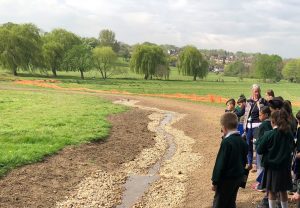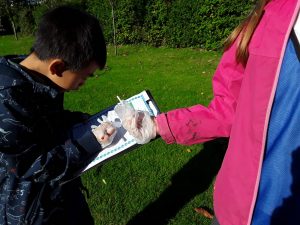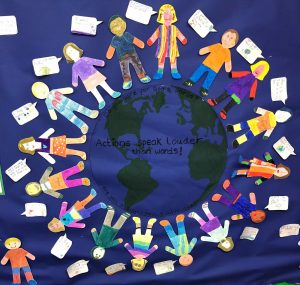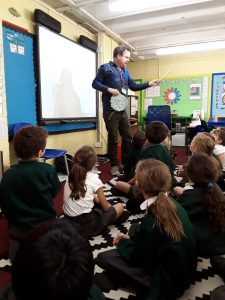As a school, our aim is to foster in the children a curiosity and understanding of events, places and people in a variety of times and environments. We encourage the children to relate this learning to their own experiences and surroundings. This helps them to identify similarities, differences and patterns in the human and physical activity in our world. In this way, the children develop skills of enquiry, investigation, analysis, evaluation and presentation.
History Purpose of Study:
A high-quality history education will help pupils gain a coherent knowledge and understanding of Britain’s past and that of the wider world. It should inspire pupils’ curiosity to know more about the past. Teaching should equip pupils to ask perceptive questions, think critically, weigh evidence, sift arguments, and develop perspective and judgement. History helps pupils to understand the complexity of people’s lives, the process of change, the diversity of societies and relationships between different groups, as well as their own identity and the challenges of their time. At St. Mary’s, our approach to history is often enriched by experiential learning. Click the gallery to see a summary of visits and residential trips that have enriched the child’s historical understanding.
History Intent:
At St. Mary’s, there is a focus on the development of subject specific skills through enquiry-based learning, encouraging pupils to think like ‘historians.’
The key areas of focus are:
• Chronological Understanding – pupils develop a good understanding of chronology, using timelines and discussing different periods of time
• Historical Understanding – pupils learn historical facts and the impact of past events and people
• Historical Enquiry – pupils use different sources to ask questions and select different sources to create accounts of past events
• Interpretations of History – pupils develop an understanding that the same event can be interpreted in different ways and that different
evidence will lead to different conclusions
• Communication – pupils learn about different ways to communicate and present their knowledge and understanding
As well as developing historical skills, pupils develop a good understanding of subject specific vocabulary. This enables them to successfully articulate their knowledge and understanding of key historical concepts such as continuity and change, and cause and effect. Pupils are also given a wide variety of experiences both in the classroom and out. We actively encourage educational visits and workshops to enable them to gain first-hand experiences to support their learning.
We want our pupils to enjoy learning about the past and for them to develop a better understanding of the society in which they live.
History Implementation:
Executive Summary History
Geography Purpose of Study:
A high-quality geography education should inspire in pupils a curiosity and fascination about the world and its people that will remain with them for the rest of their lives. Teaching should equip pupils with knowledge about diverse places, people, resources and natural and human environments, together with a deep understanding of the Earth’s key physical and human processes. As pupils progress, their growing knowledge about the world should help them to deepen their understanding of the interaction between physical and human processes, and of the formation and use of landscapes and environments. Geographical knowledge, understanding and skills provide the frameworks and approaches that explain how the Earth’s features at different scales are shaped, interconnected and change over time.
Geography Intent:
- enable children to gain relevant knowledge and understanding of places in Britain, Europe and the wider world;
- increase children’s knowledge of other cultures and, in so doing, teach a respect and understanding of what it means to be a positive citizen in a multi-cultural country;
- help children to learn mapping skills and take part in fieldwork;
- encourage a commitment to sustainable development and an appreciation of what ‘global citizenship’ means




In Geography we use schemes of work from the website Oddizzi to shape and guide our planning.
In History we use Plan Bee and on occasion school devised schemes of work to support with our curriculum delivery.